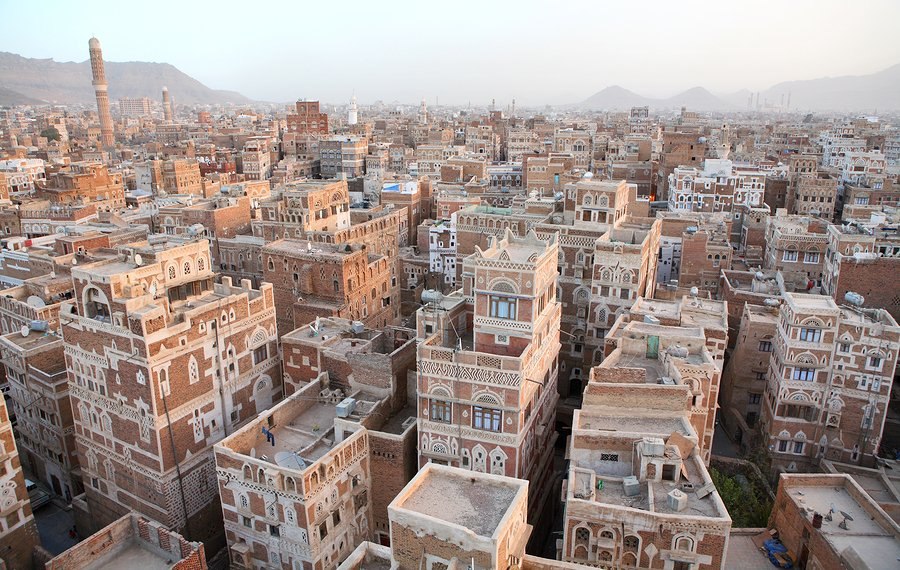
Hope on the Horizon for Yemen Despite Instability
- 66% of online respondents in Yemen agree 2011 revolution had a positive impact on Yemen
- 62% of online respondents feel Yemen is going ‘somewhat’ in the right direction
- Online Yemeni respondents most concerned about political corruption (49%)
The nature of the political landscape in Yemen creates a variety of unique challenges for the young country, which was formed in 1990, after the union of Northern and Southern Arabia. While Yemen has remained intact, the Southern Movement has been fighting to secede from the north for years. Adding to the country’s political instability, a rebel war between the Houthis and the Yemeni government has been on and off for the past eight years.
In 2011, revolution engulfed Yemen, resulting in the expulsion of longtime ruler, President Saleh from power. Given the impact of politics in daily Yemeni life, it is unsurprising that 59 percent of online respondents in Yemen describe themselves as ‘very interested’ in Yemeni politics. While Yemen continues faces many of the same political issues, 66 percent of online respondents think the 2011 revolution had a positive impact on the country. In fact, 62 percent of online respondents agree Yemen is going ‘somewhat’ in the right direction.
Following the revolution, a series of national dialogues have taken place to increase unity throughout the country. The vast majority of online respondents (97 percent) are aware of the most recent National Dialogue Conference held in Sana’a. Consistent with complaints from opposition parties, 51 percent of online respondents in Yemen say the conference did not adequately represent all segments of Yemeni society. Further underling political frustrations shared by many Yemenis, 60 percent of online respondents say none of the political parties in Yemen adequately represent their views. Online respondents have fragmented views on how productive the conference will be in the long run, with 34 percent optimistic and 23 percent pessimistic.
The issue of secession has been a highly contended issue in Yemen, often resulting in violent clashes between the north and south. While half of online respondents are unsure if the south should be allowed to secede, 14 percent support their plight while 16 percent oppose it. Distribution of wealth is a major source of conflict between the north and south, with 77 percent of respondents agreeing wealth is not equally distributed between the two regions.
Political violence and poverty in Yemen continue to contribute to the country’s ongoing humanitarian crisis. It is not surprising that when asked to select the three issues that they are most concerned about, 49 percent say corruption, followed by insecurity/violence (32 percent) and poverty (27 percent). Interestingly, while only 2 percent of respondents received humanitarian aid in the past 30 days, 43 percent of online respondents say they are in need of aid.
The survey was conducted using the YouGov Online Panel and all questionnaires were completed between the 8th - 29th April 2013. The results are based on a total sample of 486 respondents currently living in Yemen. The YouGov panel is broadly representative of the online population within Yemen.